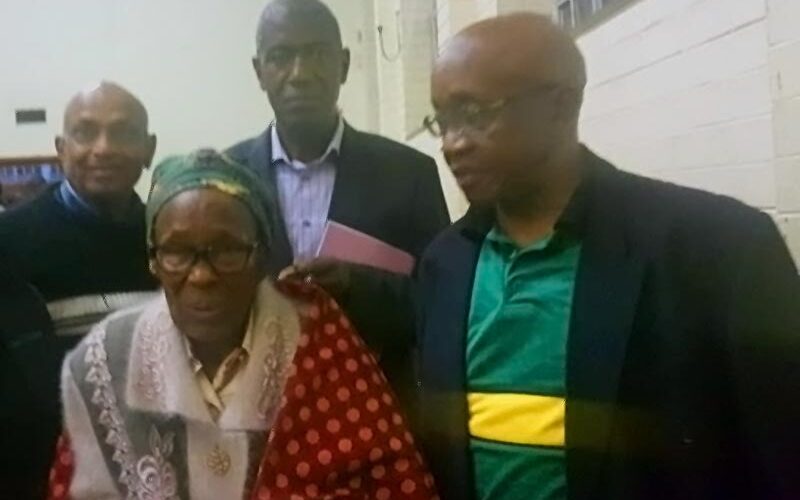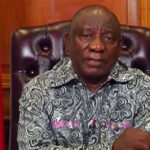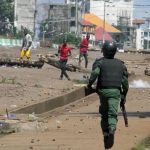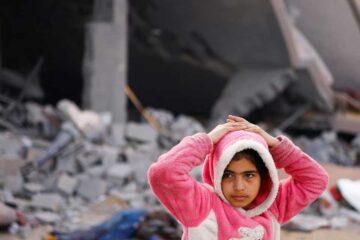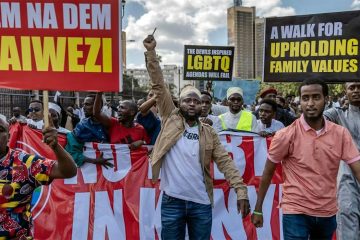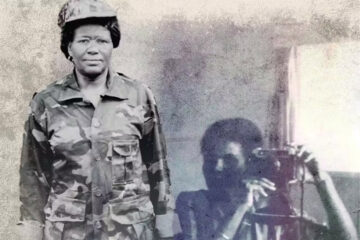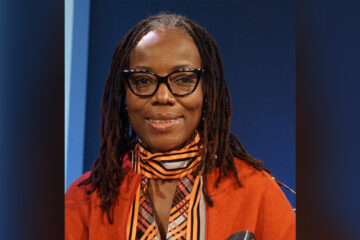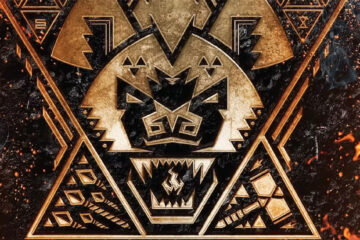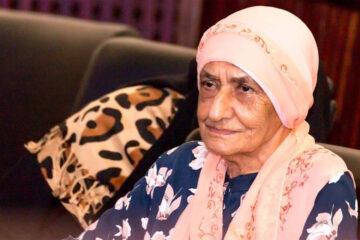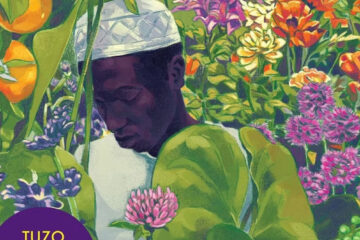KHULU MBATHA
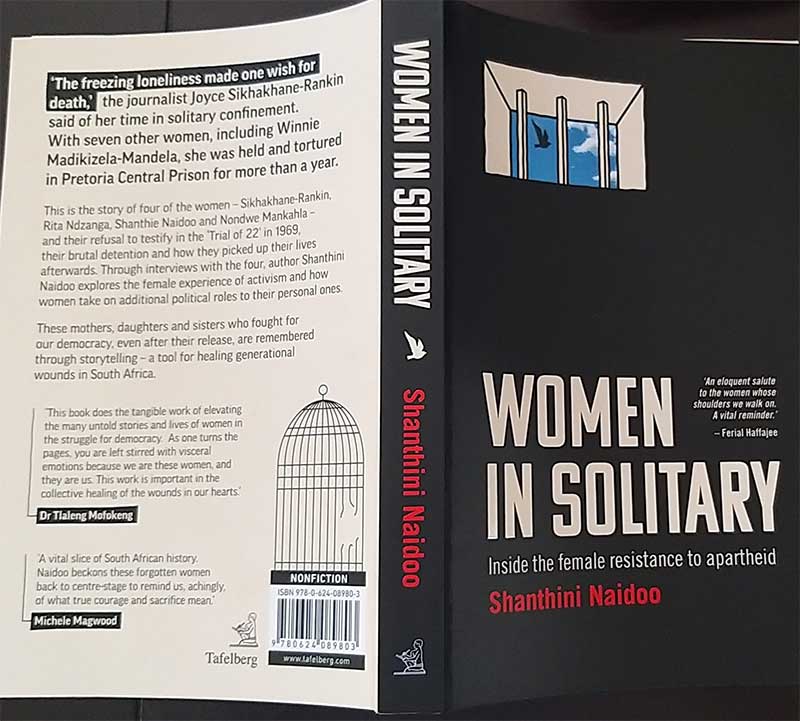
By Shanthini Naidoo
I recently attended the launch of a publication on the life of anti-apartheid struggle veteran Rita Ndzanga at the Phiri Community Hall, in Soweto, Johannesburg.
The launch was organised by the Lawrence Ndzanga ANC Branch of Senaoane and the Ahmed Kathrada Foundation, which produced the booklet.
Rita Ndzanga, was one of the accused at the notorious 1969 ‘Trial of 22’. The names of the 22 trialists were:
1. Lawrence Ndzanga;
2. Rita Ndzanga;
3. Winnie Madikizela Mandela;
4. Shanthie Naidoo;
5. Nondwe Mankahla;
6. Samson Ndou;
7. Joyce Sikakane;
8. David Motau;
9. Jackson Hiengani Mahlaule;
10. Elliot Goldberg Shabangu;
11. Joseph Zikalala;
12. David Dalton Tsotetsi;
13. George Mokwebo;
14. Joseph Chamberlain Nobanda;
15. Samuel Solomon Pholoto;
16. Simon Mosikare;
17. Douglas Mtshetshe Mvemve;
18. Venus Thokozile Mngoma;
19. Martha Dlamini;
20. Owen Mzimilele Vanqa;
21. Peter Sexforth Magubane; and
22. Paulos Nanko Matshaba;
These men and women were arrested in May 1969 and were held in solitary confinement for seven months until they appeared in court in December 1969. They were charged under the Suppression of Communism Act, 1950 (Act 44 of 1950) – renamed the Internal Security Act in 1976 – in a case known as “State vs Samson Ndou and 21 others”.
There were 21 main charges, most of them concerned with membership of the African National Congress (ANC). Some of the charges included the alleged plot to obtain explosives and commit acts of sabotage in Johannesburg and nearby areas.
These charges included offences allegedly committed from 1967 until the date of arrest. The state accused them of inspecting trains and railway installations at Braamfontein, Croesus, Booysens and Crown Mines, and searched for the Langeberg Cooperative to find suitable targets and methods for committing acts of sabotage.
Most of these men and women had been leading members of the ANC prior to its banning, the South African Congress of the Trade Unions, the ANC Women’s League and the Transvaal Indian Congress.
Because they were arrested separately in different corners of the country – from the Transvaal to the Cape, they were held in isolation of one another and they never knew who the other detainees were. Some were moved from one prison to another, all over the country. The state wanted confessions so they could implicate one another, especially Winnie.
They were severely tortured, humiliated and left to die. But they held on and faced the brutal enemy with nothing else but their conviction and principle that the people come first and freedom is their choice.
They only met on the day they were all taken to court in December at the Old Synagogue. They made a pathetic picture in the courtroom, as they were in the same set of clothes they were wearing since their arrest more than six ago.
‘Dishevelled and dispirited, in worn-out clothing and obviously in strained health, by now the prisoners were shadows of their former selves.’ Some were emaciated from the lack of proper food, exercise, sunlight and fresh air.
After the death of Winnie Mandela, the last remaining of the women that were charged, the four of them, attended her funeral in Soweto. For many in attendance, it was to pay their respects to the Mother of the Nation.
For the four, this funeral was a special occasion – one of them has taken her last breath. This was their fellow detainee and heroine, as Winnie was the main target of the case against the 22.
Winnie had not yet turned 33 when they were arrested. Rita Ndzanga was 36, (born 17 October 1933), Shanthie Naidoo was 34 (born 6 march 1935)’ Nondwe Mankahla was 34 (28 August 1935) and the youngest Joyce was only 26 (born 1943).
At this funeral, that’s where Shanthini Naidoo first heard about this trial and met these brave and extraordinary women as they related their life story with Winnie. Yes, it is this occasion that led her to want to write this amazing account of our history. The women are in their late ages now.
Although I am familiar with the ‘Trial of 22’ and I have worked with some of the women, including Winnie, this is one of those books that make you shed tears in the middle of reading it.
We are reminded of the sacrifices made by many of our people in the execution of the struggle for liberation.
Shanthini Naidoo (she is not related to Shanthie Naidoo) did a wonderful job by once more chronicling this history. It’s a book worth buying.

